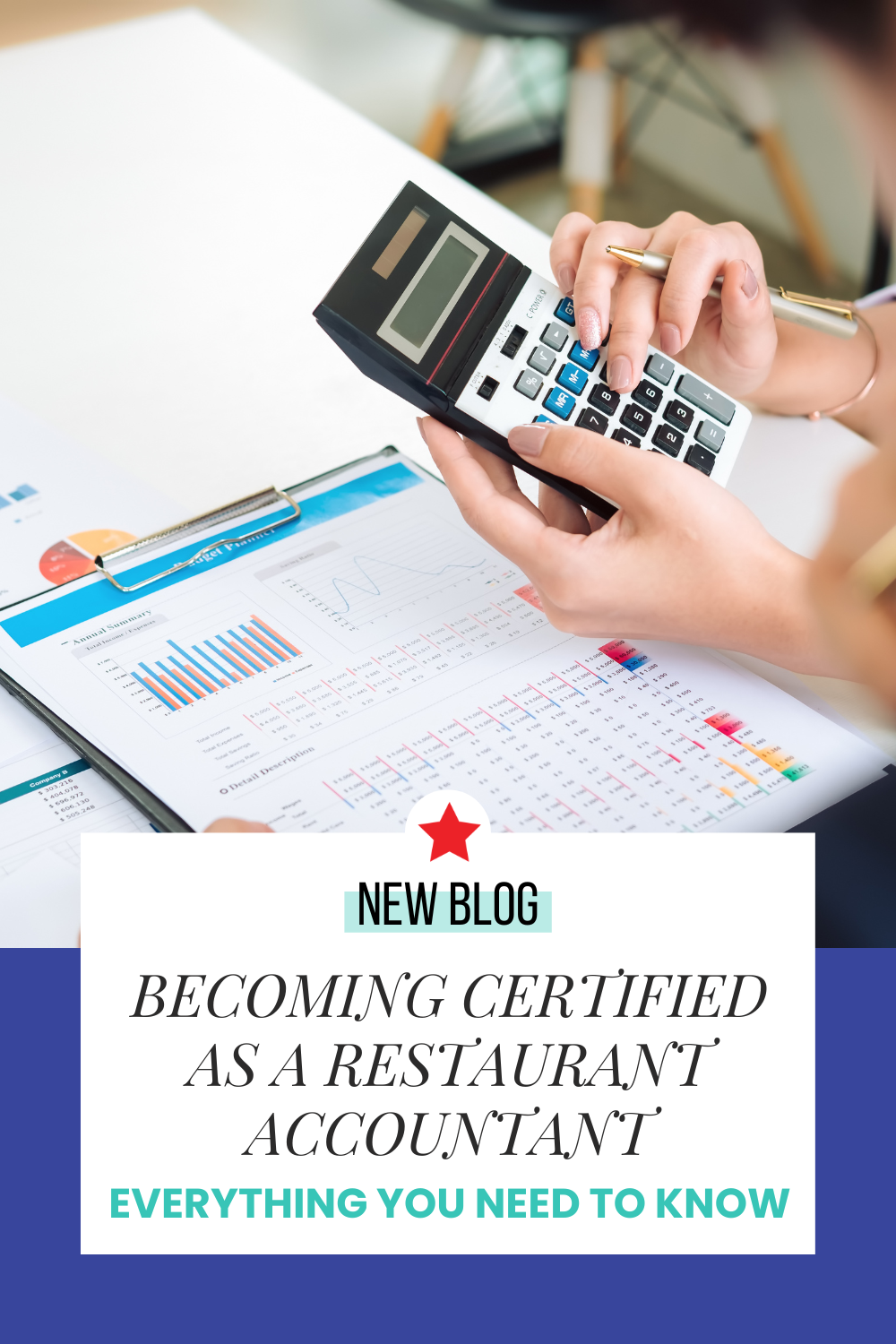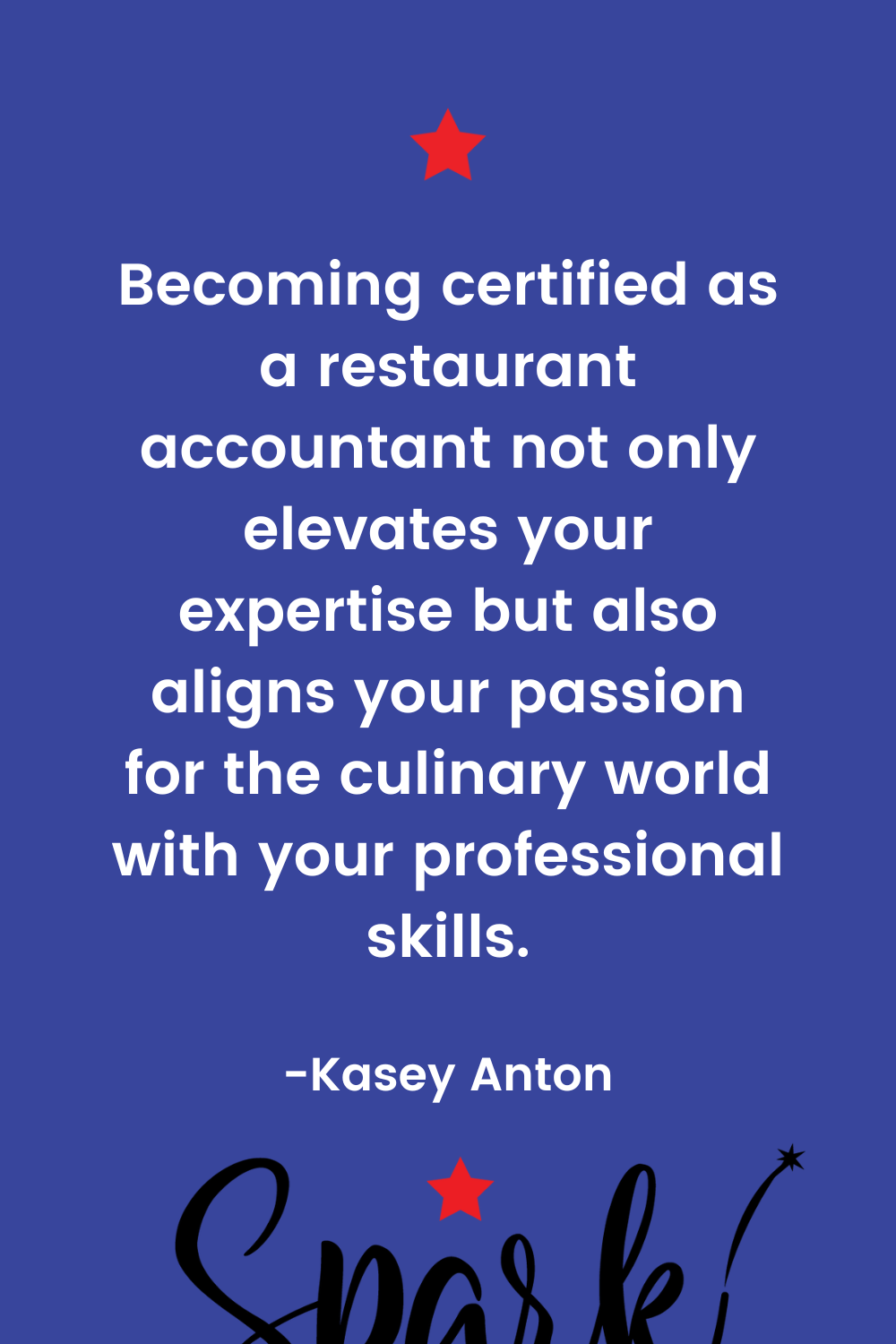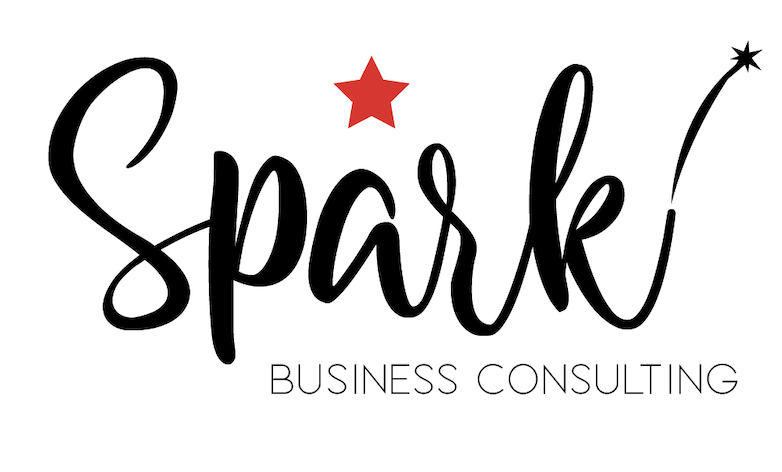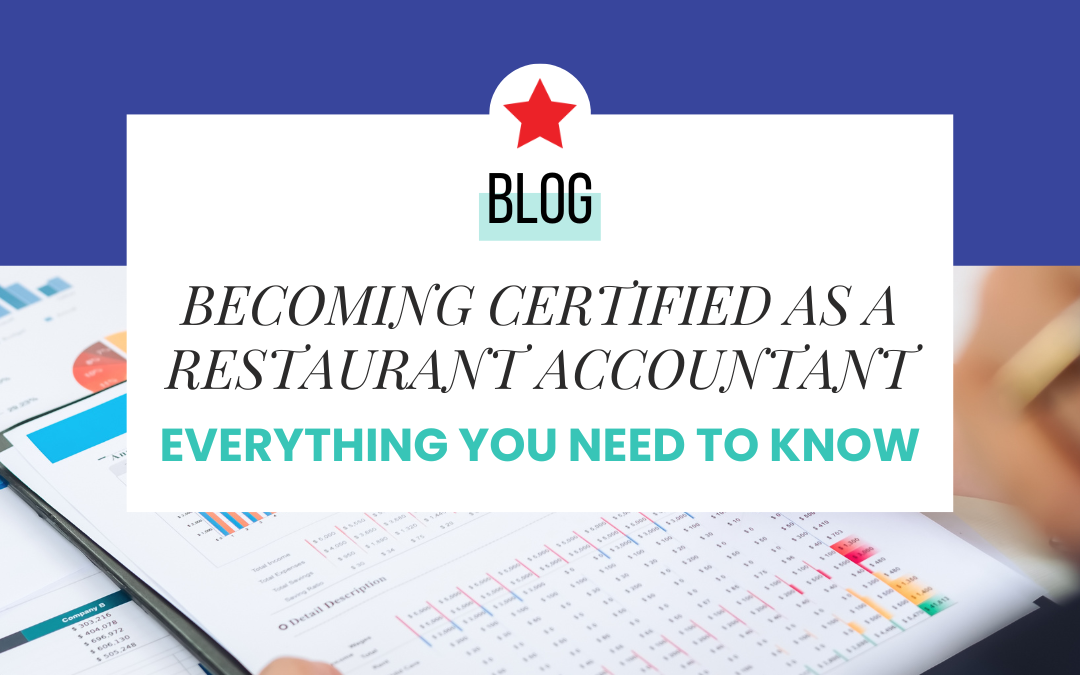The journey from being passionate about the restaurant industry to becoming a certified restaurant accountant is one that’s close to my heart. Having been on both sides of the restaurant world—from the hustle of running a restaurant to the intricacies of financial management—I’ve seen firsthand the critical role that specialized accountants play. Now, let’s dive into everything you need to know about becoming a certified restaurant accountant.
Why Specialize in Restaurant Accounting?
Restaurants operate on razor-thin margins with complexities like inventory management, fluctuating sales, and labor costs. Standard accounting practices don’t always apply neatly, making specialized knowledge invaluable. Becoming certified as a restaurant accountant not only elevates your expertise but also aligns your passion for the culinary world with your professional skills.
Understanding the Certification Process
The path to certification involves a blend of education, experience, and examination. Here’s what you typically need to consider:
Education
A solid foundation in accounting is crucial. Whether it’s through a bachelor’s degree in accounting or finance, specific coursework in restaurant management, or targeted training programs, education is your first step.
Specialized Training
Beyond general accounting principles, specialized training focuses on the unique needs of the restaurant industry. This is where programs like the one I’m developing, based on “Profit First for Restaurants,” come into play. These courses are designed to drill down into the specifics of restaurant finances, from managing cash flow to optimizing profit margins.
Experience
Hands-on experience in the restaurant industry, whether in a financial capacity or not, is invaluable. It gives you insights into the day-to-day challenges restaurants face and how financial decisions impact operations.
Certification Exam
Finally, the certification exam. This is your opportunity to showcase your expertise in restaurant accounting. Each certification body has its own exam process, but generally, you can expect a comprehensive test covering everything from basic accounting principles to industry-specific scenarios.
Choosing the Right Certification
There are several certifications out there, but look for one that specifically addresses the restaurant industry’s nuances. Here are a few things to consider:
- Relevance: Ensure the certification is widely recognized within the restaurant industry and by accounting professionals.
- Curriculum: The program should cover a broad range of topics relevant to restaurant accounting, including cost control, taxation, and financial reporting.
- Practical Application: Choose a program that emphasizes real-world application. Case studies, simulations, and project-based learning are particularly beneficial.
The Benefits of Becoming Certified
Becoming a certified restaurant accountant positions you as an expert in your field. It opens up opportunities to work with a variety of clients in the industry, from small cafes to large, multi-location establishments. Certification can also lead to career advancement, higher earning potential, and the personal satisfaction of merging your love for the culinary world with your accounting profession.
Embarking on the path to becoming a certified restaurant accountant is a journey of growth, learning, and passion. It’s about more than just numbers; it’s about understanding the heartbeat of a restaurant and using your financial expertise to ensure its success.
As someone who has lived and breathed the restaurant industry before transitioning to financial consultancy, I can say that this journey is one of the most rewarding paths you can take. Whether you’re already on this path or considering it, know that your unique blend of skills and passion is what will make you indispensable in this vibrant industry.



